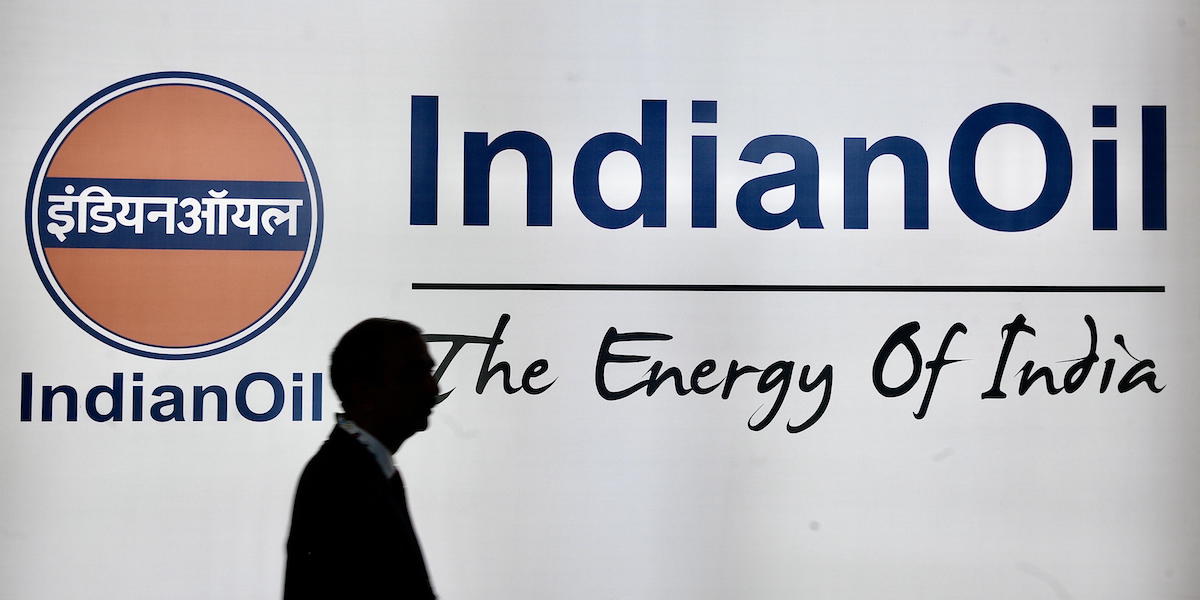India’s imports of Russian oil have increased tenfold in 2022, from 2 percent of total oil imports in 2021 to 20 percent now, according to estimates made by the Bank of Baroda, one of India’s public banks. The large increase in Indian imports has allowed Russia to compensate part of the economic losses due to the drastic reduction in oil imports by European countries, its main buyers until the start of the invasion of Ukraine.
That some major countries like China have helped Russia circumvent Western sanctions is quite well known. The role of India is also well known, which however constitutes not only an economic but also a political problem: the United States and the European Union consider India one of their most important allies in the region, and the fact that the Indian government has not interrupted its business with the Russian one at the outbreak of war weakens the system of alliances with which the West tries to put pressure on Russia.
With the invasion, European countries that previously imported most of their oil from Russia quickly set about diversification own sources of supply, for example by purchasing much more oil from the United States (which by the end of 2022 had replaced Russia as the main oil exporter to Europe).
The goal of European countries was to reduce their economic dependence on Russia, which was responsible for the brutal and bloody invasion of Ukraine, and at the same time increase the pressure on its government and hit its economy.
Again to increase the pressure on Russia, but also to try to stabilize prices, which have risen a lot precisely because of the war, the G7 countries (Canada, France, Germany, Japan, Italy, the United Kingdom and the United States), the The European Union and Australia have also capped the price of Russian oil at $60 a barrel. The ceiling concerns the oil that Russia sells by sea to countries outside the Union, however using European insurance and shipping companies.
All these measures have effectively caused economic damage to Russia, for which the sale of oil was a major source of revenue. To compensate for the losses, Russia has therefore taken some steps to continue selling oil and keep at least part of its revenues.
Among other things, it has started selling it at heavily discounted prices to countries like China and India, which is Asia’s third largest economy and the world‘s third largest importer of oil. Again according to estimates by the Bank of Baroda, in 2022 India saved the equivalent of 80 euros per ton of oil, for total annual savings of around 4.5 billion euros.
Indian imports of Russian oil continued to increase in 2023 as well, especially in the first few months: Vortexaa computer company that collects data on global oil and gas traffic, says Russia sent India 1.68 million barrels of oil a day last April, 4 percent more than the 1.61 sent to India. March.
L’Economic Times writes that the oil that Russia discounted the most was that of the Urals, the principal type of oil exported, which in recent months has been sold at around 37 dollars a barrel, much less than the 60 dollars envisaged by the ceiling imposed by Western countries. The share of Ural oil contained in Russian oil imported from India in early this year rose from 70 percent in March to 73.4 percent in April (it was even higher at 79 percent in January).
Over the past year and a half, India has largely ignored pressure from the US and the European Union to join the economic sanctions imposed on Russia. The Government of India has also abstained from expressing any condemnation of the invasion of Ukraine, while continuing to maintain a neutral position.
The reasons are different: in addition to the economic convenience linked to oil, there is the historical proximity of India to Russia, which is reflected in a vision quite favourable of Russia in public opinion, and its dependence on Russian arms imports.
Russian President Vladimir Putin and Indian Prime Minister Narendra Modi in Uzbekistan, September 2022 (Alexandr Demyanchuk, Sputnik, Kremlin Pool Photo via AP)
The Indian government has also defended its positions on economic grounds: citing the millions of people living in poverty in India, it has argued that it cannot afford to adopt too harsh attitudes towards Russia and pay more for oil, as they can do the European countries instead.
In a television interview last year, Indian Foreign Minister Subrahmanyam Jaishankar also accused the European Union of not cutting its energy imports from Russia sharply and timely enough, inconsistent with the firm verbal condemnation towards Russia.
According to several analysts India will continue to benefit from Russian oil discounts for as long as he can: taking into account that the most probable scenario on the war in Ukraine seems to be that of a long war of attrition, it could happen for a while yet.
